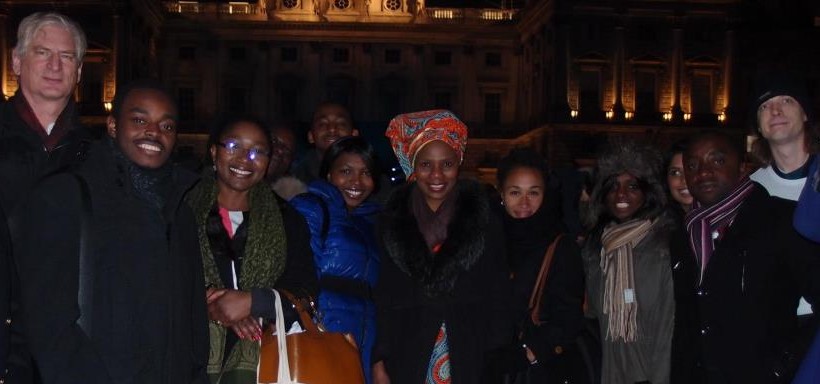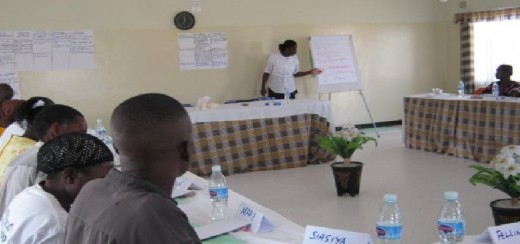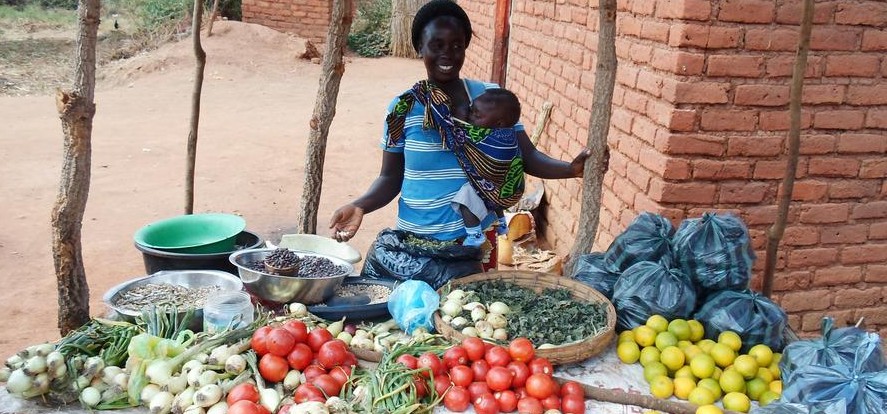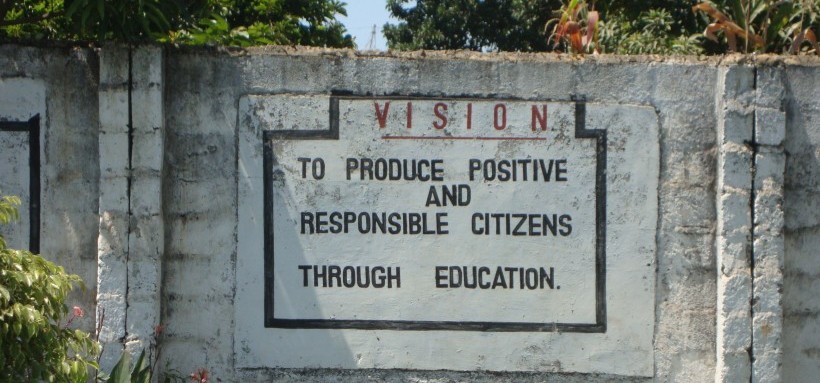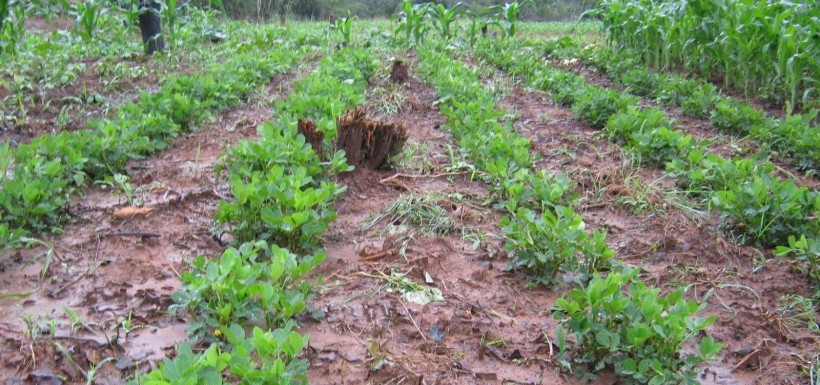DfAD believes that the African Diaspora’s contribution as agents of Africa’s socioeconomic change should not be measured merely in financial terms, but as inputs of skilled labour and by its ability to build bridges between countries of origin and destination which help stimulate, not only economic activity, but transfers of knowledge and cultural and social norms.
DfAD is therefore working to:
• Create greater awareness of Africa’s development issues
• Actively be engaged in Africa’s development
• Forge stronger connections with local development organisations in Africa
• Increase its collaboration with other African Diaspora in development and mainstream International Development organisations
• Contribute to the increasingly irrefutable evidence and recognition of the value that the African Diaspora brings to development efforts at home
SKILLS TRANSFER
DfAD believes that collaborative capacity building in the form of partnerships, networks and exchanges of skills and knowledge between the Africa Diaspora and local development organisations in Africa is one of the main ways in which the African Diaspora can contribute to the continent’s sustainable development. Local development organisations need to build and improve their internal capacities if they are to achieve their goals of growth, poverty reduction, and the provision of better services to their communities. DfAD is therefore working to establishment a database of key stakeholders to help facilitate the transfer of knowledge and skills into Africa.
In 2010, a Zambia Diaspora survey was conducted by the Government of Zambia and IOM. This mainly focused on the views and aspirations of Zambians in the Diaspora, and their potential for participation in national development. There is currently very little in terms of a coherent and articulated policy on Diaspora issues in Zambia. In response to this lack of data, the government conducted this study to collect detailed information on the Diaspora that would enable the formulation of informed policies and related action.
The survey indicated that the United Kingdom had the largest concentrations of the Zambian Diaspora in the world. The Zambia High Commission in the UK estimated this figure to be about 15,000. However, they also admitted that this figure was based on their in-house registers and that many more Zambians could be present in the UK without their knowledge.
Other findings in the survey were that the Zambian Diaspora was eager for opportunities to actively participate in Zambia’s development. And that their main challenges in participating in national development were being hampered by the lack of government institutional capacity to effectively engage them.
They were also being constrained by:
• a lack of information on opportunities in Zambia
• restricted employment opportunities
• and limited access to financing mechanisms/credit
• land
• and reliable local partners.
For us as DfAD, the most significant finding in the report was the evidence which indicated that a considerable proportion of the respondents (84%) were interested in skills transfer, 30% of whom were currently residing in the UK. Furthermore, at least three out of four of the respondents had reached a bachelor’s degree level of education, with 37% having reached master’s degree level.
In terms of occupations:
• Health Care accounted for 16% of the responses
• with Accounting/ Finance/ Banking 12%
• IT and engineering 10%
• and education 6%
The respondents were also asked if they belonged to any formal or informal Diaspora networking group. Forty-two per cent indicated that they did not belong to any form of networking group signifying that about 2 in 5 respondents did not belong to any Diaspora network.
There is definitely a clear need to carry out outreach activities to establish connections with this large group of the Zambia Diaspora and ensure their participation in Zambia’s sustainable social and economic development.

